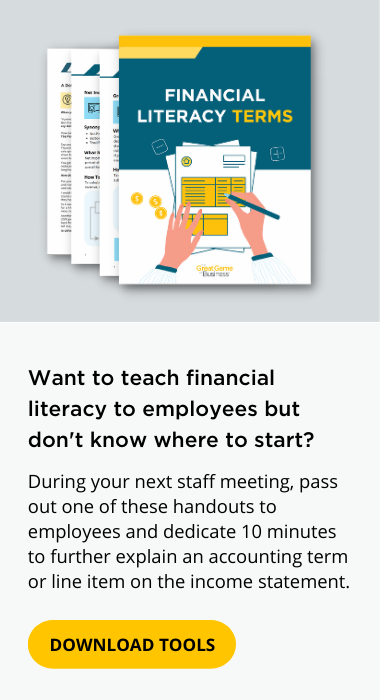Looking for some MiniGame™ inspiration? A MiniGame is a targeted day-to-day improvement challenge aimed at correcting a weakness or pursuing an opportunity in your company. We've got three examples from our the 2019 Great Game All-Star Team demonstrating how they took advantage of opportunities and found solutions to their efficiency problems in these MiniGames:
Read More
There’s an old quote attributed to Peter Drucker that says, “What gets measured gets improved”. While I firmly believe this is true, it’s important to understand that what you measure is equally as important as how and why you measure it.
Read More
Are you ready to introduce Great Game™ to your employees? Reading the book as a group is a great way to establish the concepts of the Great Game of Business® with your staff, whether your company is new in implementing open-book management, introducing new hires to The Game, or refreshing your Great Game knowledge.
Read More
Wouldn’t it be nice if you just had a checklist that led you through the rules of making your staff Huddles work every time? Well, we thought it might be nice too, so we compiled the following steps to help you make the most of your staff Huddles.
Read More
Did you have a bonus plan in place last year? If so, was it effective? How is this year’s plan working out? If you have a good year and want to share some of the fruits of your labor with your team, great, but to do so without a well-planned and executed bonus plan is a wasted opportunity. So, here’s a list of best bonus and incentive practices to help you get the most bang for your bonus bucks.
Read More
Over more than two decades, our employees have consistently been exposed to the teachings of the Great Game of Business® through meetings and trainings at Daryl Flood, Inc., but we found that we wanted to take this training beyond the classroom to interact directly with employees on an individual level. How? Through gamification of our training courses. This allows us to share content with employees in a format that is fun and motivates them to engage in learning at their convenience. There are four things to focus on when building a successful gamified education program:
Read More
“In school, you're taught a lesson and then given a test. In life, you're given a test that teaches you a lesson.” ~Tom Bodett I remember the grip of fear and dread that day. How could I forget? After 18 years in business, we faced a nearly insurmountable crisis that could have brought it all to an end. A few months earlier I had hired a bright young man that seemed to have what it takes to grow into a valuable member of our team and become a shining star. His name was Travis and he applied to be an estimator and project manager. Filling this role successfully would increase sales and help us grow. But in time I learned my assessment was wrong! Oh, how wrong!
Read More
An open-door policy refers to the practice of business or organizational leaders leaving their doors open so that employees feel welcome to stop by and meet informally, ask questions, or discuss matters that have been weighing on their minds. These days, with open office environments, co-working spaces and remote team members working around the globe, the “open-door policy” is more metaphorical than ever before. The equivalent of walking through a physical open door in many organizations is now sending a text message, a direct message on Facebook or Slack, an instant message on Skype, or a ping on Basecamp. Regardless of whether the interruption is through an actual door or a digital door, the theory is that an organization uses such openness to build a culture of trust, collaboration, communication, and respect regardless of an individual’s position in the hierarchy.
Read More
Are you toying with the idea of attending the Gathering of Games conference in September? If you believe all employees can more positively contribute to your business if they are educated and empowered to do so, this might be just the event you are looking for.
Read More
As the old saying goes, opposites attract—which can be especially true in business. When Reed MacNaughton and Dan Cocozza met back in college, however, they became friends based on what made them alike. They were both engineering students who took all the same classes together at Union College in Schenectady, NY. They also pledged the same fraternity, Sigma Phi, and when they graduated in 2004, they both moved to New York City, where they roomed together as they started jobs as structural engineers. Later, they both became entrepreneurs when they each founded their own business: MacNaughton moved back to his home state of Connecticut to start a residential construction firm while Cocozza stayed in the big city. They were both very successful in their ventures.
Read More

.png)



.png)
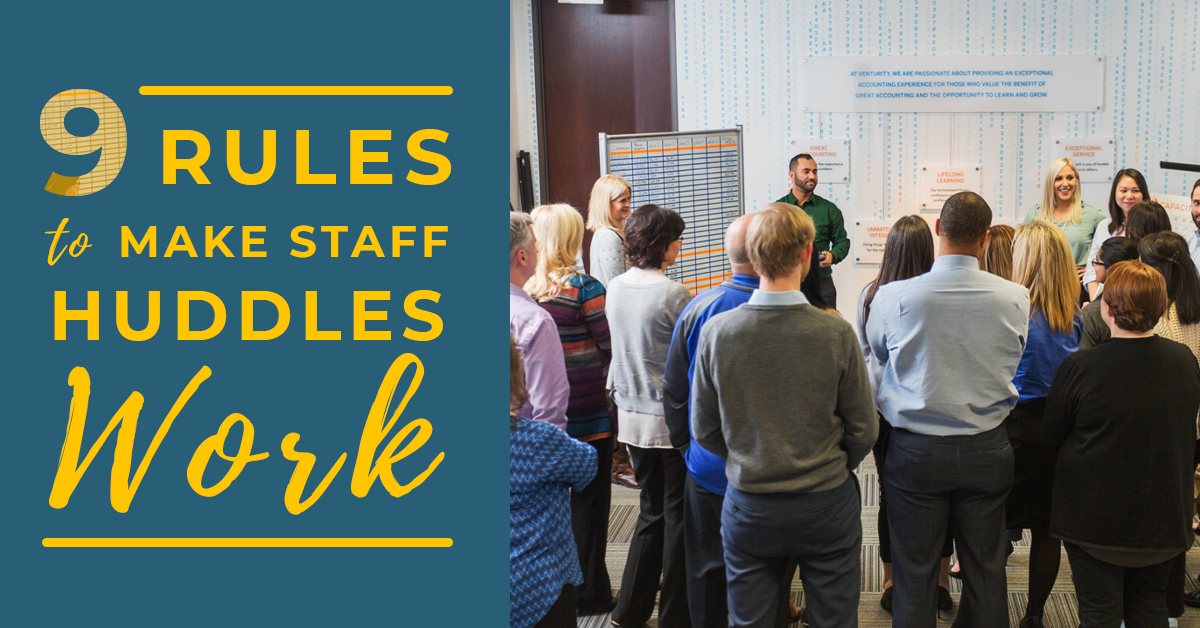
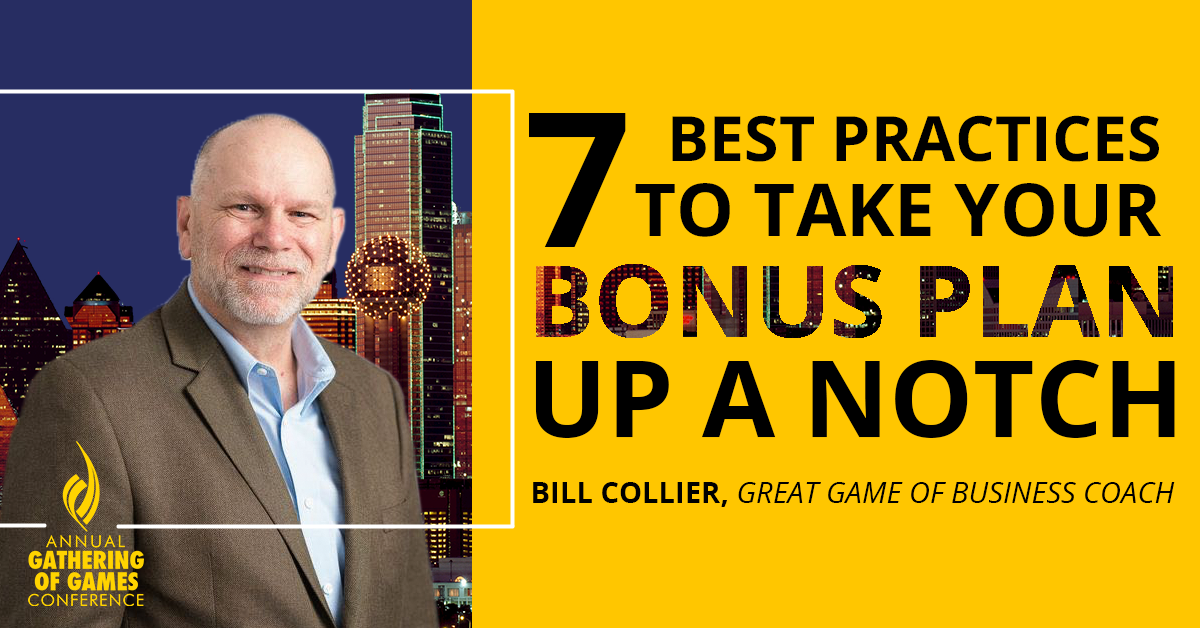
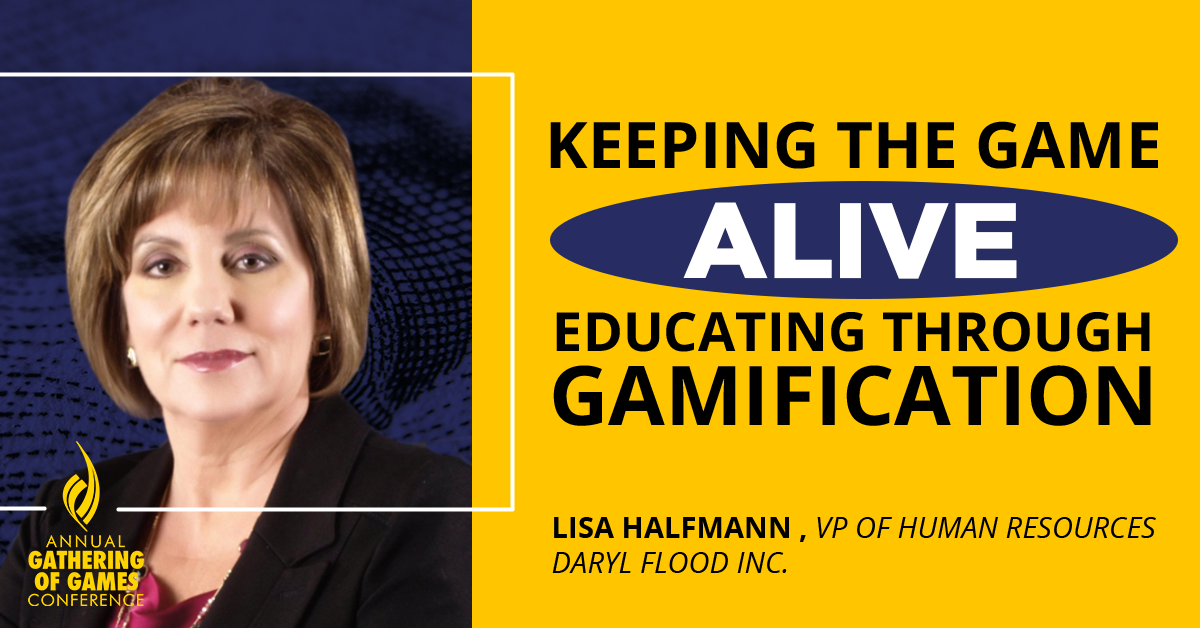
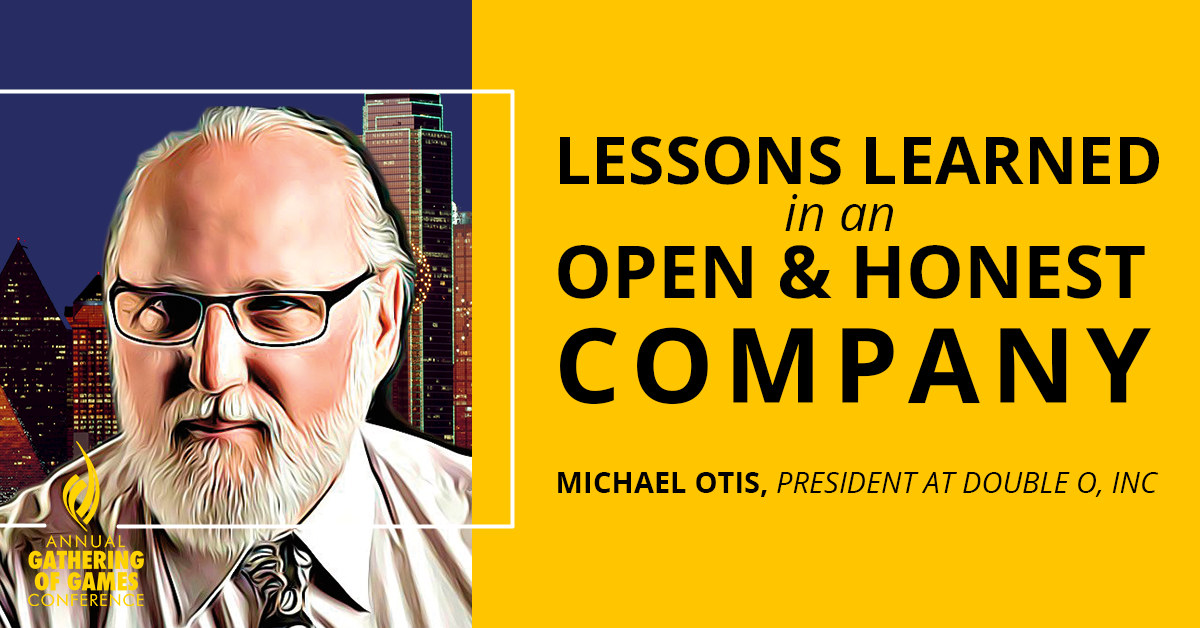


.png)




.png)




-5.png)
